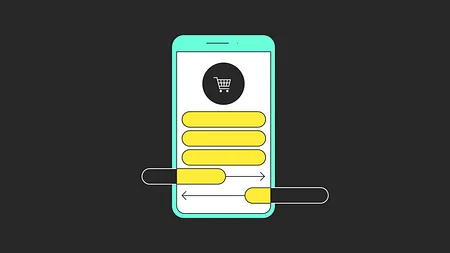IFGS: AliPay's Li Wang, Invest HK and More
We went to the IFGS to meet some of the biggest and newest names in Fintech. We’re bringing you some fantastic insights from our first five interviewees on the fintech landscape for 2018.
Ross Gallagher and Simon Taylor spoke to:
Benedetta Arese Lucini, Co-founder, Oval Money
Charles d’Haussy, Head of Fintech, InvestHK
Thomas Eyre, CEO and Co-founder LOQBOX
Li Wang, Head of EMEA, Alipay
James Mackonochie, COO and Co-founder, Pia
Listen to all the interviews in full on Fintech Insider here or stream them below.


